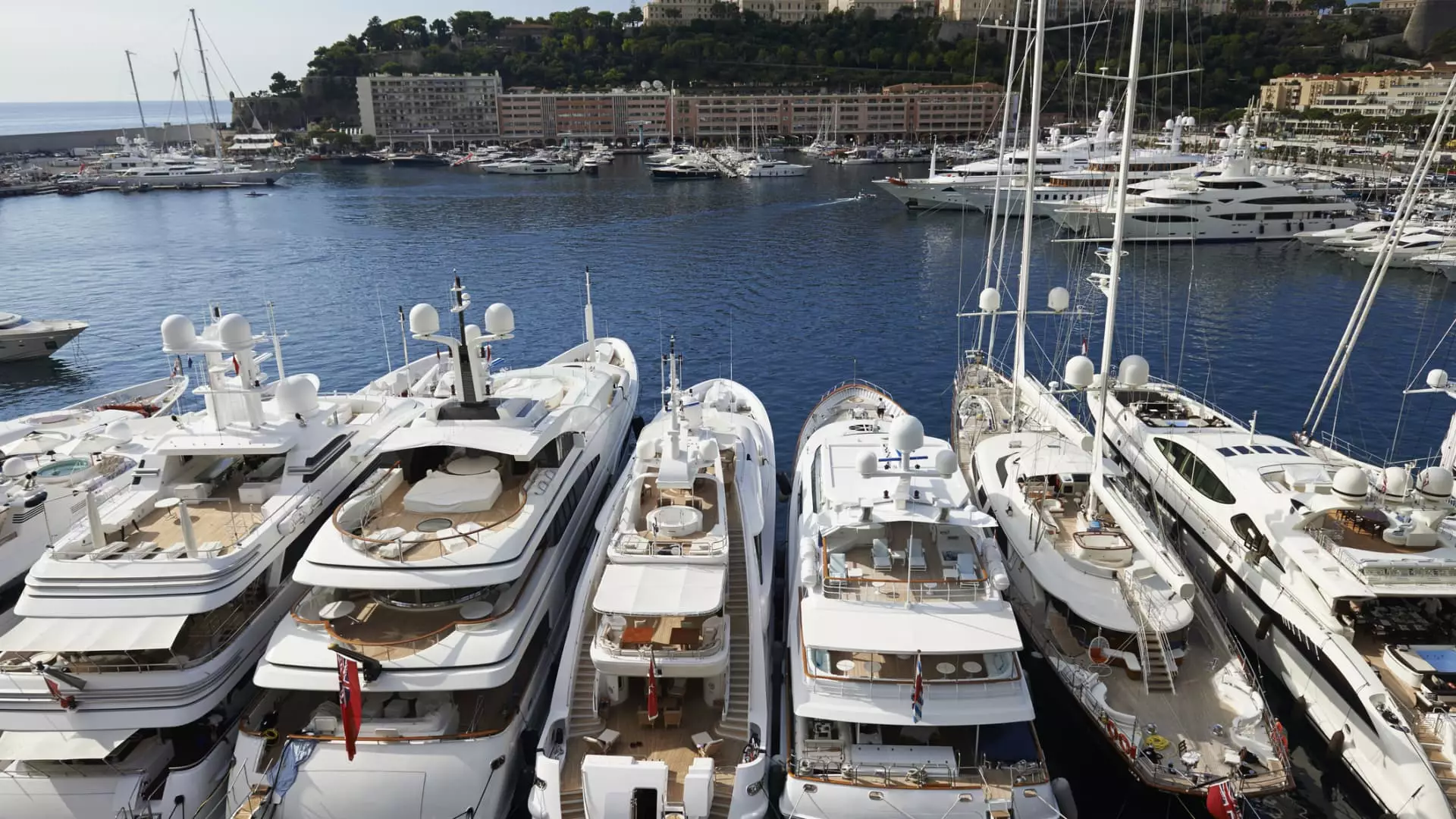The recent imposition of a 15% tariff on European-made recreational boats and yachts signals more than just a bureaucratic complication—it represents a tectonic shift in the global luxury market. While on the surface, such taxes might seem manageable for ultra-wealthy buyers, their ripple effects threaten to reshape purchasing behaviors, industry competitiveness, and ultimately, American dominance in high-end leisure manufacturing. The European boating industry, heavily reliant on exports to the U.S., faces an uncertain future as these tariffs threaten to diminish their market share and erode profit margins. Yet, beneath this apparent setback lies an opportunity for American boatbuilders and manufacturers to seize a competitive edge.
For the U.S., this tariff represents an unanticipated economic advantage if managed with strategic foresight. American yacht builders like Westport, Trinity, and Burger Boat Company are uniquely positioned to benefit from the new constraints placed on European exports. As luxury buyers become more cautious about added costs, they are more likely to turn toward domestically produced vessels—assuming the market offers comparable quality and craftsmanship. This scenario could drive increased demand for American-made yachts, bolstering the domestic industry in a pivotal moment when European competitors are strained by mounting trade barriers.
The Elite’s Cost-Management Strategies and Market Dynamics
While the wealthy possess the means to absorb additional costs, the true impact of tariffs lies in altering their strategic considerations. For many, a 15% increase on a multimillion-dollar yacht isn’t merely a trivial bump in price; it fundamentally shifts the cost-benefit calculus. Savvy buyers and brokers are already exploring workarounds—most notably, registering yachts in foreign jurisdictions like the Cayman Islands or Malta to sidestep tariffs altogether. This maneuver, known as “foreign flagging,” is not new but will become increasingly vital in navigating the new landscape.
This practice illustrates a broader trend: the rise of regulatory arbitrage among the elite. When faced with increased taxes and tariffs, the ultra-rich often leverage sophisticated legal and logistical strategies to preserve their assets’ value. Such tactics not only mitigate immediate costs but also create a bifurcated market—luxury yachts that are “tariff-exempt” versus those subject to new duties. The unintended consequence could be a surge in demand for high-end American yachts, particularly as the cost disparity between domestically produced vessels and imported European yachts widens.
Moreover, the impact on the pre-owned yacht market might be particularly profound. With demand for used European yachts sagging under tariff pressures, U.S.-registered pre-owned yachts could see a renaissance. This situation provides American manufacturers and brokers an unparalleled opportunity to capture market share previously dominated by European shipyards. The market could shift from a European-centric luxury industry to a more diversified landscape where American craftsmanship is increasingly coveted.
The Broader Political and Economic Implications
This conflict over tariffs underscores a larger debate on trade, national policy, and economic sovereignty. While critics argue that tariffs distort markets and punish consumers, proponents in a center-right vein might see them as tools to rebalance international trade advantages and protect national industries. The yacht industry’s response signals an emerging form of economic resilience rooted in patriotic loyalty and strategic adaptation.
Rather than surrendering to European competitors’ pricing advantages, American companies could bolster their manufacturing capabilities, capitalize on national pride, and ultimately compete on quality and innovation rather than price alone. In this context, tariffs serve as a wake-up call—prompting domestic industry modernization, boosting employment in manufacturing sectors, and reinforcing the importance of supply chain sovereignty.
From a policy perspective, this situation reveals an essential truth: trade barriers are a double-edged sword. While they will undoubtedly lead to short-term market shifts, they also compel innovation, strategic thinking, and a reevaluation of long-term growth models. For the United States, leveraging this upheaval to nurture a self-sufficient luxury yacht industry is not only pragmatic but a means to bolster national economic resilience and global standing.
The 15% tariffs on European yachts could ignite a significant recalibration in the luxury recreational market. Far from being a mere obstacle, this development holds the potential to foster American industrial strength, stimulate innovation, and redefine high-end leisure for years to come. The true challenge for U.S. stakeholders lies in embracing these changes with strategic vision, transforming a geopolitical setback into a victory for domestic industry and economic independence.

